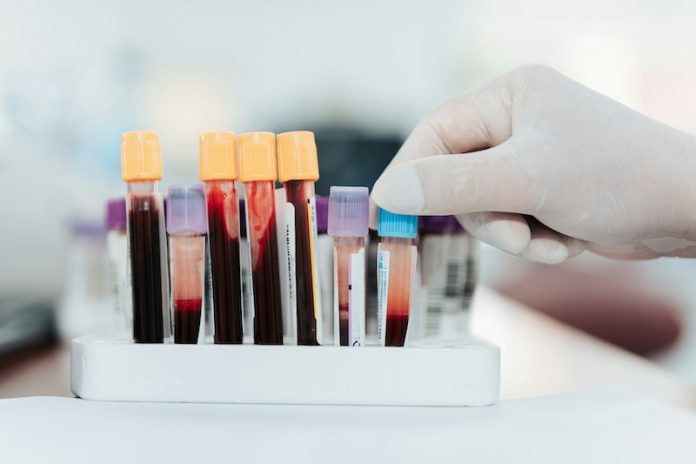
For nearly 60 years, doctors have measured cholesterol levels in the blood to identify people at risk of heart disease.
But a large new study led by Chalmers University of Technology in Sweden and Harvard University in the USA has found a better method.
Researchers say that measuring two specific particles in the blood—apoB and lipoprotein(a)—can give a more accurate picture of someone’s risk of cardiovascular disease than traditional cholesterol tests.
Cardiovascular disease (CVD) is the world’s leading cause of death, according to the World Health Organization.
Many of these cases could be prevented by making lifestyle changes such as quitting smoking, eating healthier food, and exercising more. But early detection is just as important, so that people can begin treatment or make changes before it’s too late.
In this new study, researchers examined over 200,000 people from the UK Biobank who had no previous history of heart disease. They looked at how different types of cholesterol-carrying particles—called lipoproteins—were related to the future risk of heart attack. These findings were confirmed using data from another group of people in Sweden.
Cholesterol itself is a fatty substance in the blood that your body needs in small amounts. It helps build cells and make certain vitamins and hormones. But when there’s too much of it, cholesterol can build up in the walls of blood vessels, creating plaques. These plaques can break open, forming blood clots that can block the flow of blood, leading to heart attacks or strokes.
But cholesterol doesn’t move around on its own—it travels through the blood inside particles called lipoproteins. Some lipoproteins are harmful because they can deposit cholesterol into the arteries. These “bad cholesterol” particles all carry a protein called apolipoprotein B, or apoB. Other particles, sometimes called “good cholesterol,” help remove cholesterol from the body.
Until now, most tests simply measured how much cholesterol is in your blood. But this study shows that measuring the number of apoB-containing lipoproteins—the actual particles that carry the bad cholesterol—is more accurate.
Two people might have the same amount of cholesterol, but if one person has more apoB particles, they could be at a much higher risk for heart disease.
Lead author Jakub Morze, a researcher at Chalmers, explained that one in every twelve patients could be misclassified using standard cholesterol tests. That’s especially concerning because 20–40% of first-time heart attacks or strokes are fatal. Switching to apoB testing could help catch more of these high-risk individuals early, potentially saving lives.
Another important particle is lipoprotein(a). It’s genetically inherited, meaning its levels are determined mostly by your DNA. Although it makes up less than 1% of all “bad cholesterol” in most people, some individuals have very high levels, which can greatly increase their risk of heart disease.
The researchers say that the best way to test for future heart risk is to measure both apoB and lipoprotein(a). These tests are already available, affordable, and easy to add to current healthcare systems. They could eventually replace traditional cholesterol tests in both clinical and research settings.
Clemens Wittenbecher, one of the study’s co-authors and an expert in precision medicine at Chalmers, believes the shift could be coming soon. “Our results suggest that testing for apoB and lipoprotein(a) gives a clearer picture of who is at risk. These tests are ready to use now and could improve how we prevent heart disease around the world,” he said.
In summary, this groundbreaking study suggests a smarter way to check for heart disease: by focusing on the particles that carry cholesterol, not just the cholesterol itself. Testing for apoB and lipoprotein(a) could help doctors catch more high-risk patients earlier, leading to better prevention and fewer lives lost to heart attacks and strokes.
If you care about heart health, please read studies about how eating eggs can help reduce heart disease risk, and Vitamin K2 could help reduce heart disease risk.
For more information about heart health, please see recent studies about how to remove plaques that cause heart attacks, and results showing a new way to prevent heart attacks, strokes.
The research findings can be found in European Heart Journal.
Copyright © 2025 Knowridge Science Report. All rights reserved.



